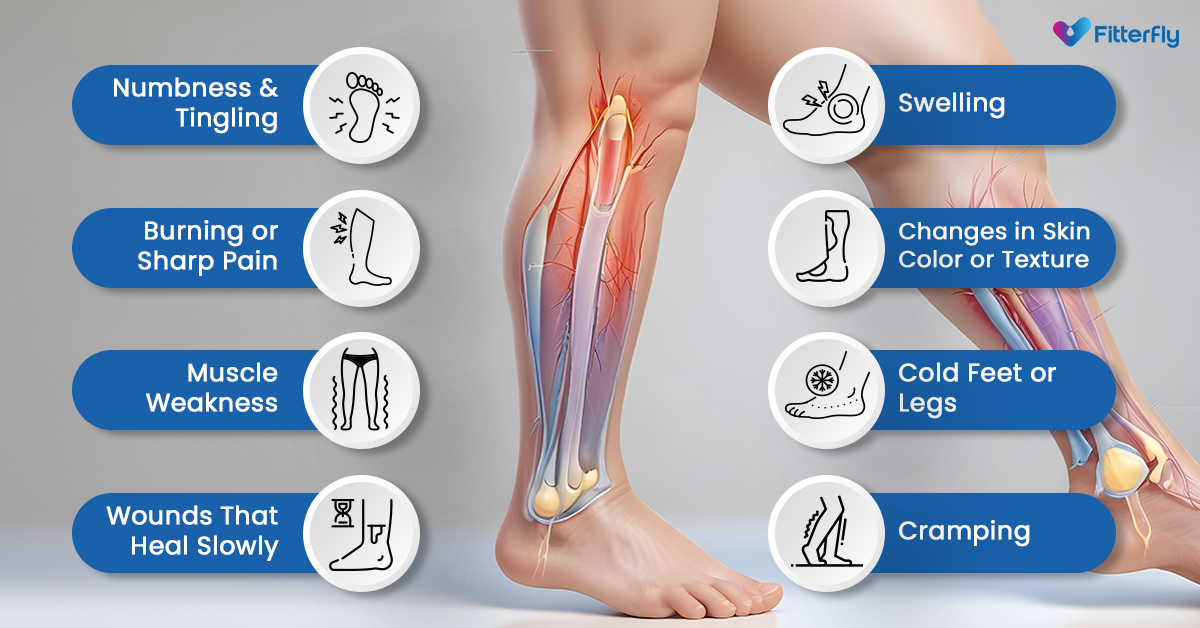Shop At Haya: Your Ultimate Shopping Guide
Discover the best shopping tips, trends, and deals for a smarter buying experience.
Diabetes: A Sweet Dilemma You Didn't Sign Up For
Discover the hidden truths of living with diabetes and unlock tips for a healthier future. Don't let this sweet dilemma hold you back!
Understanding Type 1 and Type 2 Diabetes: What's the Difference?
Type 1 and Type 2 diabetes are two distinct forms of diabetes that affect how your body processes glucose, a critical source of energy. Type 1 diabetes is an autoimmune condition that typically presents in children and young adults, where the body's immune system mistakenly attacks insulin-producing cells in the pancreas. As a result, individuals with Type 1 diabetes require lifelong insulin therapy to manage their blood sugar levels. Conversely, Type 2 diabetes usually develops in adults and is often associated with lifestyle factors such as obesity, inactivity, and poor diet. In this case, the body either resists the effects of insulin or doesn’t produce enough to maintain normal glucose levels.
Understanding the differences between these two types is crucial for effective management and treatment. Here are some key distinctions:
- Onset Age: Type 1 often appears in childhood, while Type 2 generally occurs in adults.
- Causes: Type 1 is primarily genetic and autoimmune, whereas Type 2 is linked to lifestyle and environmental factors.
- Treatments: Those with Type 1 need insulin injections, while Type 2 can often be managed with lifestyle changes, oral medications, and sometimes insulin.

10 Surprising Foods That Can Impact Your Blood Sugar Levels
Understanding the foods that can impact your blood sugar levels is crucial for anyone looking to manage their health effectively. While most people are aware that sugary snacks and beverages can cause spikes in glucose, there are several surprising foods that can also affect your blood sugar. For instance, avocados are known for their healthy fats, but their low carbohydrate content and high fiber levels make them a great choice for regulating blood sugar. Similarly, berries, often considered a sweet treat, are packed with antioxidants and fiber, helping to stabilize glucose levels when consumed in moderation.
Another unexpected item that can influence your blood sugar is Greek yogurt. This protein-rich food can aid in blood sugar stabilization when enjoyed without added sugars. On the other hand, foods like whole grains, despite being healthy, can sometimes lead to higher blood sugar levels if consumed in excess due to their carbohydrate content. It’s essential to pay attention to portion sizes. Lastly, don't underestimate the effects of dark chocolate, which, when eaten in moderation, can improve insulin sensitivity and have a positive impact on blood sugar levels.
Managing Diabetes: Tips for a Balanced Lifestyle
Managing Diabetes effectively requires a commitment to a balanced lifestyle that supports blood sugar control and overall health. One of the most important aspects is maintaining a healthy diet. Incorporate a variety of whole foods, including whole grains, lean proteins, healthy fats, and plenty of fruits and vegetables. It's essential to monitor carbohydrate intake, balancing higher-carb foods with fiber and protein to minimize blood sugar spikes. Additionally, consider establishing a regular meal schedule to help regulate blood sugar levels throughout the day.
Another key factor in managing diabetes is engaging in regular physical activity. Aim for at least 150 minutes of moderate aerobic exercise each week, such as walking, cycling, or swimming. Do not forget to incorporate strength training exercises at least twice a week to improve muscle mass and enhance insulin sensitivity. Lastly, prioritize mental well-being by practicing stress management techniques like yoga, meditation, or deep-breathing exercises, as stress can significantly impact blood sugar levels.